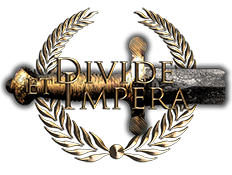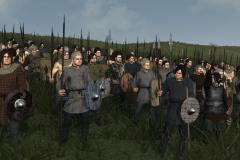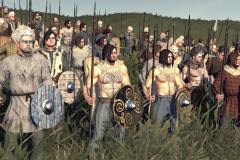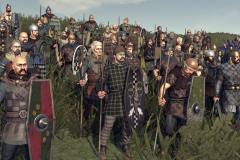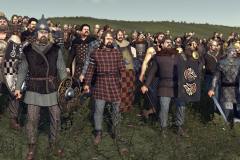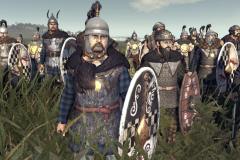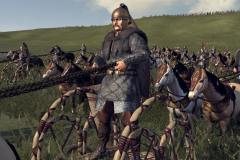The Iweriu
Iweriu is the proto-Indo-European name from which Éire in modern Irish derives and is believed to have been a Gaelic matron goddess of the island’s sovereignty. One theory states that Her name is tied to fertility and Iweriu could mean “abundant land.” The island was shrouded in mystery for the earliest classical writers, some making sensationalist claims about wild barbarian practices such as ritual cannibalism and incest; or, that while growing grain is hard due to the harsh climate, “grass grows so richly that cattle burst if unrestrained from eating it.”
Iweriu tribes such as the Eblani, Iverni, and Coriondi were prolific ringfort builders, famed metalworkers and traded extensively with continental Europe and the British mainland. This trade continued and flourished during the Roman conquest of Britannia. While evidence suggests Rome briefly considered invading Hibernia also, the island remained free and sovereign until Roman decline and exodus from the Isles many centuries later.
As a faction lacking in heavy armor and cavalry, their focus is primarily about skirmishing and raiding with excellent javelin units who can make a good account of themselves in melee as well. They also possess decent options for shock infantry and many units adept at using terrain to their advantage to catch their enemies off guard.
